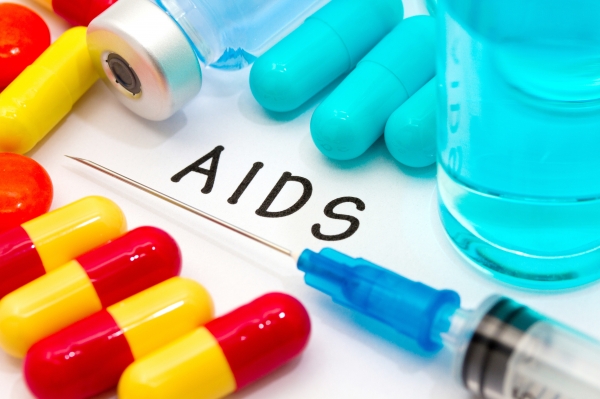
Developing an HIV vaccine has been the goal of many pharmaceutical companies since the disease spread around the world. However, the future of developing a reliable treatment has become murky again as yet another candidate for a possible HIV vaccine failed to prevent infections in late-stage clinical trials.
The vaccine was developed by Jansson, the vaccine arm for Johnson & Johnson, and was thought to be the ‘last true candidate’ for the treatment of HIV. The trial for this vaccine was deemed the Mosaico study, which started in 2019 and involved multiple nations along with more than 3900 volunteers. This trial investigated a four-shot vaccine that aimed to treat men who had sexual relationships with other men and transgender people. Participants of the Mosaico study received four injections over the course of twelve months, however, it was discovered that the vaccine showed no evidence of lowering or treating the level of people acquiring HIV when compared to the placebo.
The head of the National Institute of Allergy and Infectious Diseases (NIAID), Dr. Anthony Fauci, stated his disappointment with how the clinical trials went but still mentioned other approaches to HIV that he believed would be promising. However, the road to curing this disease seems yet to appear as all eight clinical trials of HIV have failed since 1984, when HIV was discovered to be the cause of AIDS.
Meanwhile, there are still other HIV prevention tools that are proven to be somewhat effective in preventing the disease, though they may not be one-shot solutions. Pre-exposure prophylaxis is one example, which is when people at risk of exposure to HIV take antiretroviral medications. Research published in the peer-reviewed journal PLOS Medicine has also stated that medical circumcision of males has proven to be 60% effective in preventing HIV. Normal contraceptives such as condoms are also another option for preventing HIV beforehand.
Currently, an estimated 38.4 million people worldwide have contracted HIV, with 1.5 million people contracting the disease annually. Although this is a decreased number somewhat compared to earlier years, it would take more time to explore other treatments for HIV. Compulsory sexual education may also be utilized to reduce further contractions of the disease, especially in developing countries with a lack of knowledge about HIV and its symptoms.


